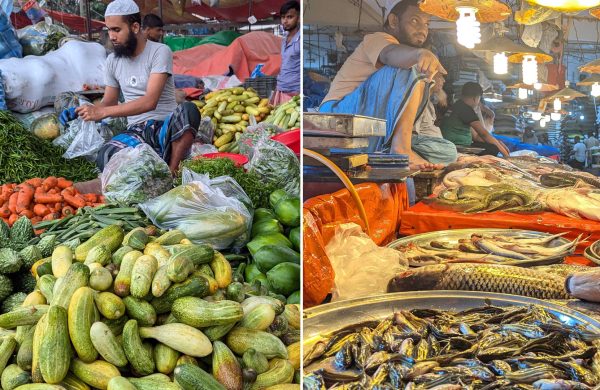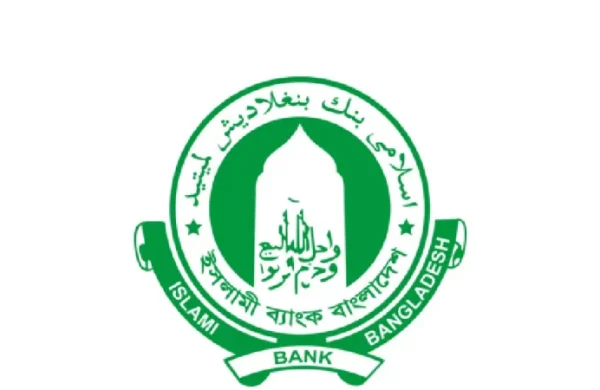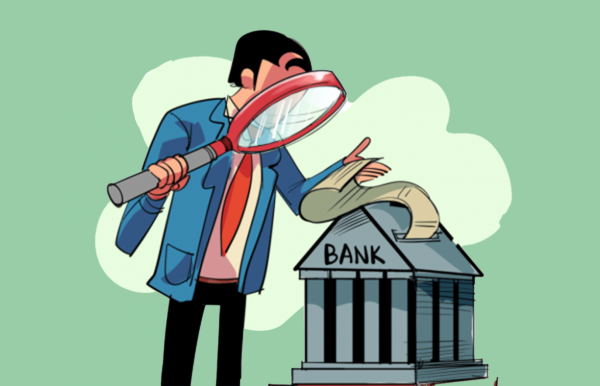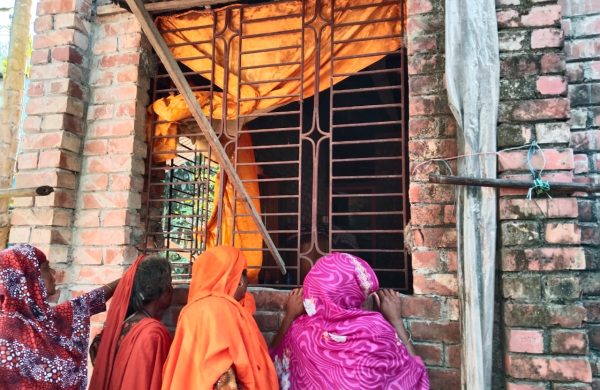Soaring loan interest hits all businesses, SMEs hurt most
- Update Time : Thursday, June 19, 2025
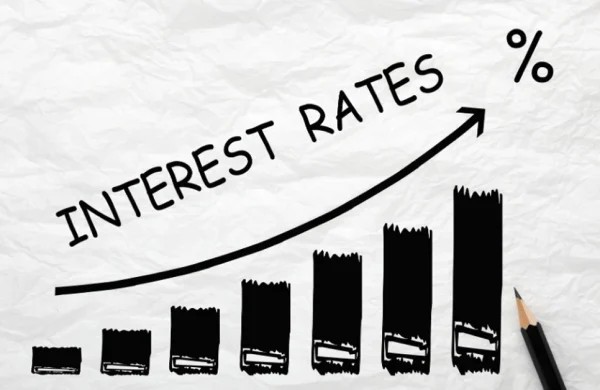
Staff Correspondent:
As interest rates climb steeply across Bangladesh’s banking sector, businesses of all sizes – from sprawling industrial conglomerates to cottage, micro, small, and medium enterprises (CMSMEs) – are reeling under mounting financial pressure.
While large firms grapple with higher borrowing costs, it is the smaller players who are facing the harshest blow. Struggling with limited cash flow, shrinking profit margins, and rising inflation, many CMSME entrepreneurs are laying off workers, dipping into personal savings, or shutting down operations altogether in a desperate bid to survive.
According to the Bangladesh Bank data, the weighted average interest rate (WAIR) for SME loans surged from 7.49% in September 2023 to 10.73% by April 2024 and increased further to 12.49% by April this year, reflecting a 5% point rise over about two years.
Similarly, in large industries the weighted average interest rate (WAIR) on loans stood at 7.74% in September 2023. By April 2024, it had increased to 10.53%, and by April 2025, the rate had surged further to 12.45%, marking a 4.7% increase over two years.
Agricultural loans, which were once more protected, have also become costlier. WAIR in agriculture jumped to 12.01% in April 2025 – higher than that for many large industrial borrowers – compounding hardship for farmers who typically borrow smaller amounts and lack adequate collateral. One year earlier, in April 2024, it was 11.05% and in September 2023 the interest rate was 8.29%.
The overall banking sector’s WAIR stood at 12.05% in April this year, up from 10.53% in April 2024 and 7.83% in September 2023. As a result, private sector credit growth slowed dramatically to just 7.5% in April 2025 – marking six straight months in which private sector borrowing has remained below 8%.
From grassroots weavers to export-focused manufacturers, entrepreneurs say they are struggling to survive. Many have already reduced staff, delayed salary payments, and drained personal savings to sustain operations. Others are forced to borrow at unsustainable interest rates or accept lower profit margins just to keep their businesses afloat.
“Accessing bank loans has become increasingly difficult,” said Saleha Begum Brishti, a former banker turned Manipuri tant entrepreneur. “Without subsidised loan schemes, rates often reach 16-18%, which makes it nearly impossible to earn a profit. And the documentation burden for SMEs is a serious obstacle.”
Debashish Sarkar, an entrepreneur in the bamboo and cane industry “The high bank interest rate of 17-18% makes it difficult for us to use financing. If we take a loan from a local NGO, we have to pay high interest.”
Mohammad Hamidul Islam, an entrepreneur of the hosiery industry said local banks do not provide the required loans. As a result, factory owners often have to borrow from local moneylenders at high interest. If low-interest bank loans were available, the small industry could grow even more.
NO RELIEF IN SIGHT
In April 2020, the Bangladesh Bank capped bank loan interest rates at 9%. However, economic disruptions caused by the COVID-19 pandemic and geopolitical conflicts led the central bank to introduce a market-based interest regime that eliminated earlier caps and protections. The Bangladesh Bank had introduced the SMART rate in mid-2023, linking lending rates to treasury bill yields. However, that mechanism was abandoned in May 2024, and the banks currently set rates based on demand, liquidity, and individual client relationships.
This has created a stark disparity, with large businesses leveraging their influence to secure better rates, while SMEs and farmers bear the brunt of market volatility.
Among the top banks with the highest lending rates, the National Bank of Pakistan tops the list with a WAIR of 16.60%, followed by Global Islami at 16.36% and Padma at 16.15%.
The other top ten banks charging high rates include Citizens 15.19%, National 15.01%, ICB Islamic 14.69%, Bengal Commercial 14.45%, Community 14.33%, NRB 14.31% and Modhumoti 14.24%.
INDUSTRY, INVESTMENT HIT
Mohammad Hatem, president of the Bangladesh Knitwear Manufacturers and Exporters Association (BKMEA), said many companies are incurring losses amid high interest rates and gas shortages. “Businesses are only able to service interest payments. Principal repayment is out of reach. This is increasing default risks and halting job creation,” he cautioned.
Shams Mahmud, president of the Bangladesh Thai Chamber of Commerce and Industry, said the situation is stifling growth. “High interest rates are already deterring business expansion. If this continues, it will be impossible to attract new investment, which is vital as Bangladesh transitions to developing country status.”
CALL FOR REFORMS
Economist Dr Zahid Hussain, former lead economist of the World Bank’s Dhaka office, urged business leaders to organise and advocate for reforms. He highlighted bottlenecks such as customs delays, inefficiencies of the NBR, and problems with RJSC that are compounding the financing crisis.
“With rising operational costs, the outdated business model must be revised. Credit access should be more inclusive, especially for SMEs and the agricultural sector.”
Md Mushfiqur Rahman, the chairperson of the SME Foundation, that MSMEs (Micro, Small, and Medium Enterprises) are labour-intensive and require low capital. Due to short production cycles, MSMEs significantly contribute to national income and employment.
However, with proper government support – including financing, technical training for artisans, and structured market management – greater success could be achieved, he added.




